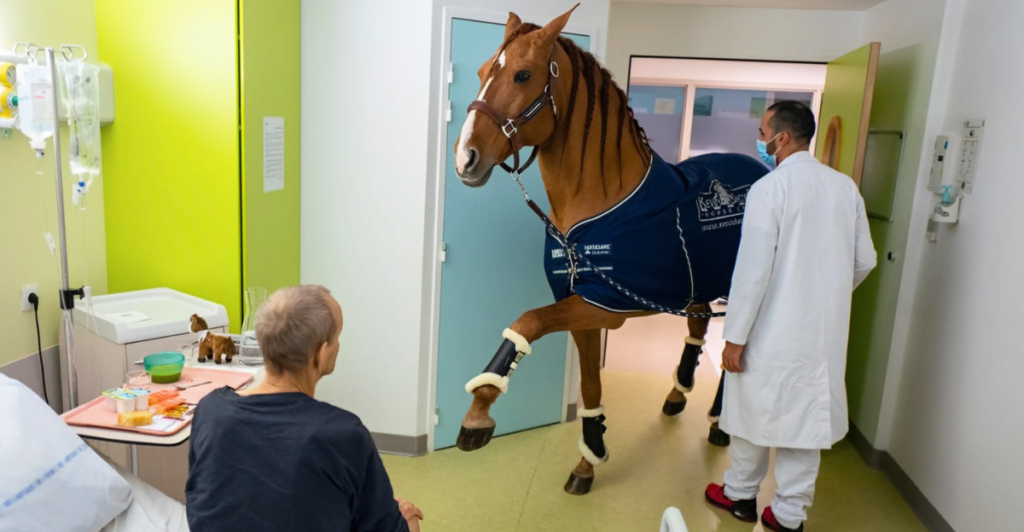
Forget WebMD, some animals have built-in medical scanners. From sniffing out cancer to predicting seizures, these creatures possess shockingly accurate health-detection skills. Science is still trying to figure out exactly how they do it, but one thing’s for sure: your pet might know something about you before your doctor does. This list may start out tame, but it gets wilder the further along we go, so strap in and let’s get into it.
1. Dogs – The OG Medical Detectives
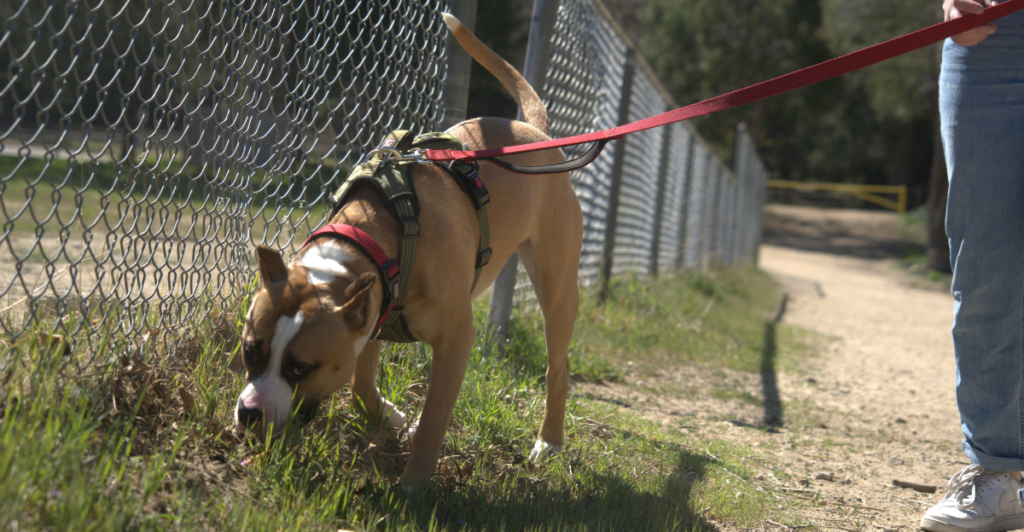
It’s no secret that dogs have insanely powerful noses, but did you know they can sniff out diseases? From cancer to diabetes to malaria, trained medical detection dogs have an accuracy rate as high as 97%. Some dogs can even alert their owners before an epileptic seizure or a diabetic crash—because, apparently, just being man’s best friend wasn’t enough.
2. Cats – The Silent Grim Reapers?
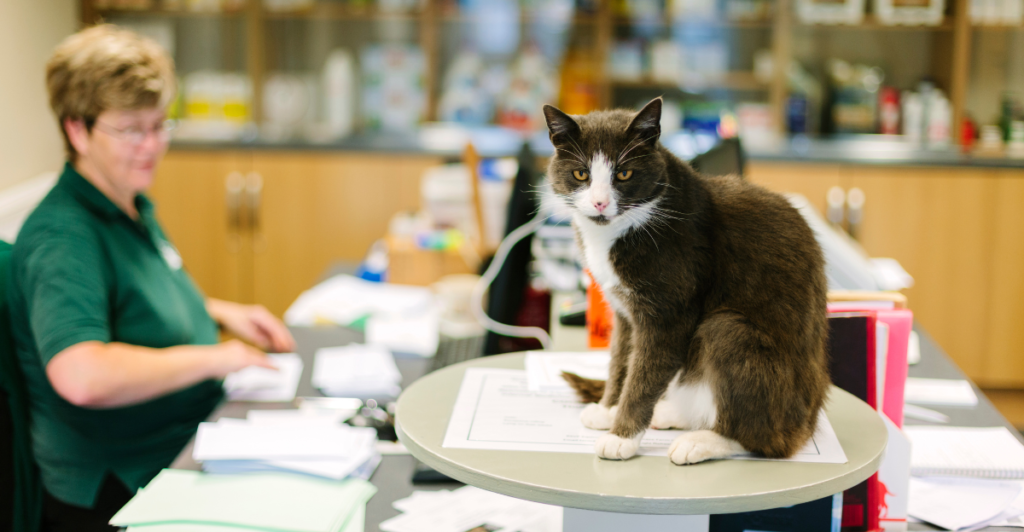
Cat lovers, brace yourselves. Some cats seem to sense when people are about to die. A famous example is Oscar, the hospice cat, who accurately predicted over 100 deaths by curling up next to patients just hours before they passed. Scientists believe cats pick up on biochemical changes or subtle shifts in body temperature—but let’s be honest, they also just love a warm spot.
3. Rats – The Cancer-Sniffing Heroes
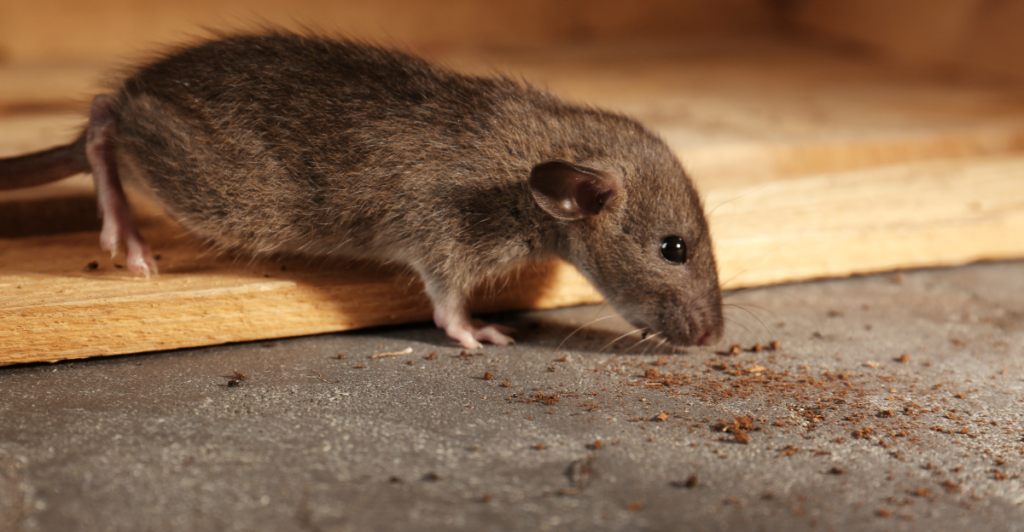
Rats might make you squirm, but these little guys are actually saving lives. In some countries, specially trained African giant pouched rats detect tuberculosis and even landmines. Their ultra-sensitive noses can sniff out cancer biomarkers in saliva samples faster and cheaper than most medical tests.
4. Bees – Tiny Buzzing Cancer Testers
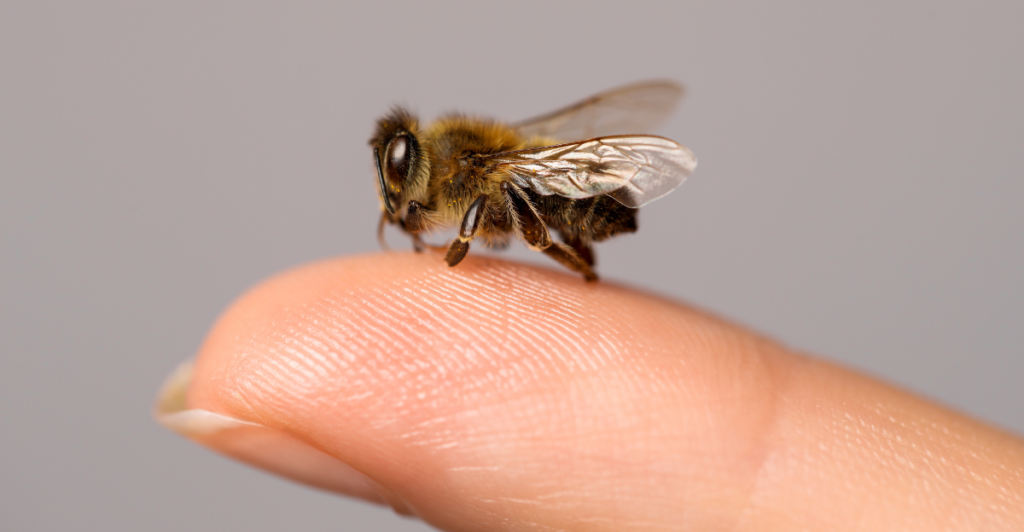
Yes, bees. These little pollinators don’t just make honey, they can detect cancer with their antennae. When exposed to breath samples from cancer patients, trained bees react to the unique chemical markers by sticking out their tongues. Imagine a future where your cancer screening involves a tiny bee staring at you like, “Yep, it’s there.”
5. Horses – Anxiety Detectors Extraordinaire
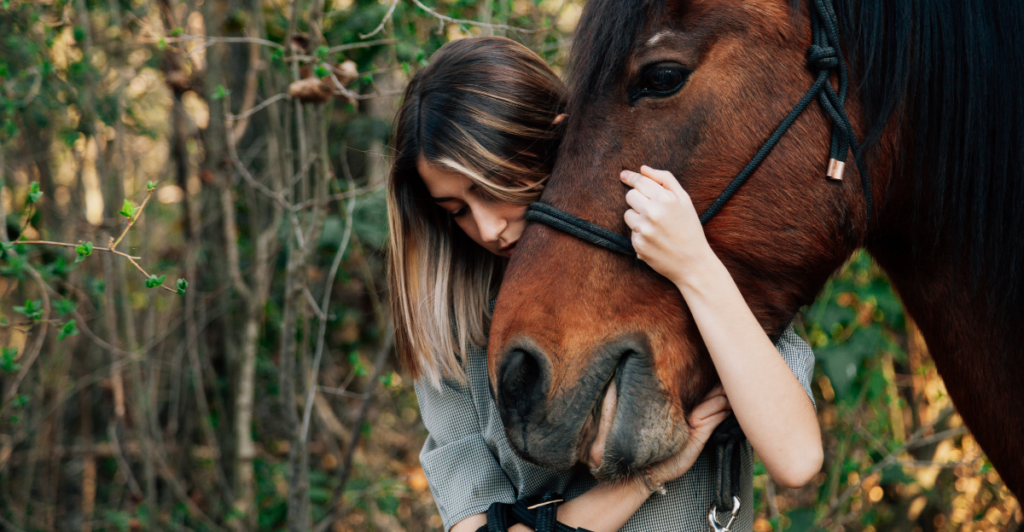
Ever heard of equine therapy? Horses are freakishly good at detecting human stress and anxiety, they can even match their heartbeat to yours. That’s right, your anxious energy is contagious. This ability is why they’re often used in therapy for PTSD patients. So next time a horse side-eyes you, maybe check your stress levels.
6. Dolphins – Scanners of the Sea

Dolphins don’t just love belly rubs—they might also be able to detect pregnancy and tumors using echolocation. Their sonar-like abilities allow them to “see” inside bodies, and there are countless stories of dolphins suddenly acting differently around pregnant women long before the women even knew.
7. Parrots – Stroke and Heart Attack Predictors
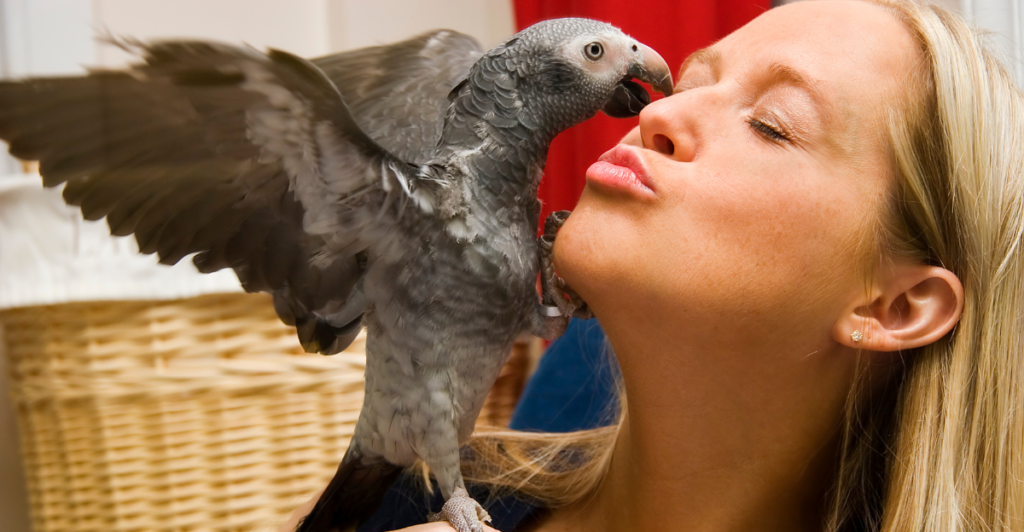
Your talkative parrot isn’t just repeating embarrassing things it overhears, it may also be monitoring your health. Some owners have reported that their parrots start acting panicked or aggressive right before their humans suffered strokes or heart attacks. Why? Birds have an acute sense of rhythm and can detect tiny, abnormal changes in your heartbeat.
8. Ants – The Unexpected Cancer Detectives
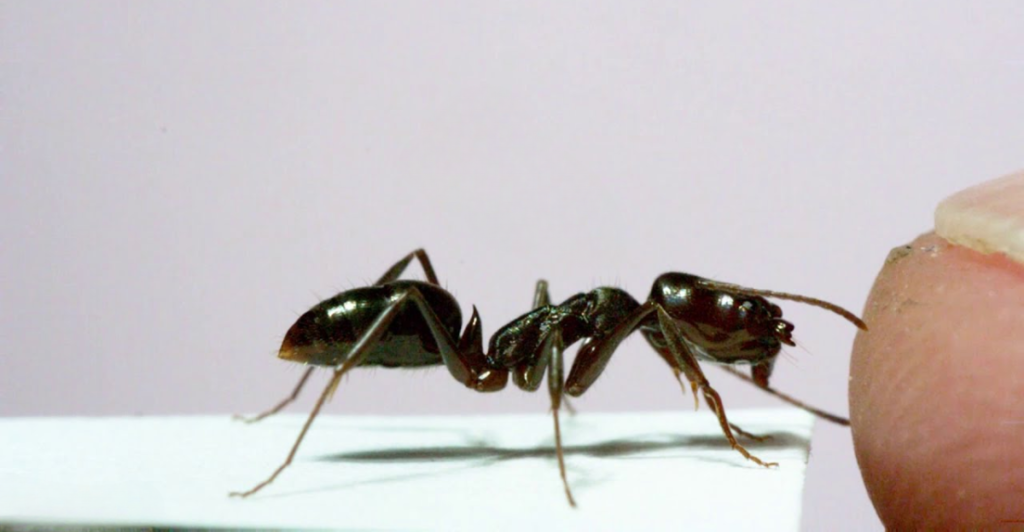
Ants? Detecting cancer? Sounds ridiculous, but stick with me. Scientists recently found that ants can be trained to sniff out cancer cells in urine samples with incredible accuracy. Apparently, their little antennae are highly sensitive to chemical changes—and yes, this is real science, not a weird internet theory.
9. Bats – The Viral Outbreak Forecasters
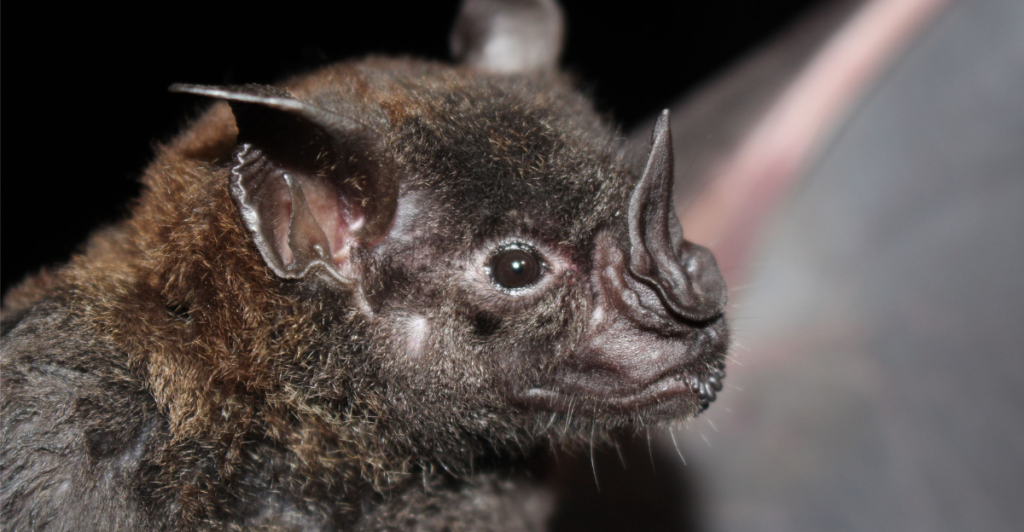
Bats don’t just detect disease, they can predict pandemics [and cause them apparently]. Scientists study bat behavior to track potential virus outbreaks, including coronaviruses. Changes in bat populations or migration patterns often indicate a looming health crisis. Basically, bats might be the world’s most reluctant health informants.
10. Elephants – Earthquake & Cancer Sensors?

Elephants have incredible low-frequency hearing, allowing them to detect earthquakes before they happen. But researchers believe their strong sense of smell also helps them detect cancerous growths. Some studies suggest elephants may even be able to differentiate between benign and malignant cells—because, of course, they can.
Bonus: Pigeons – The Feathered Radiologists
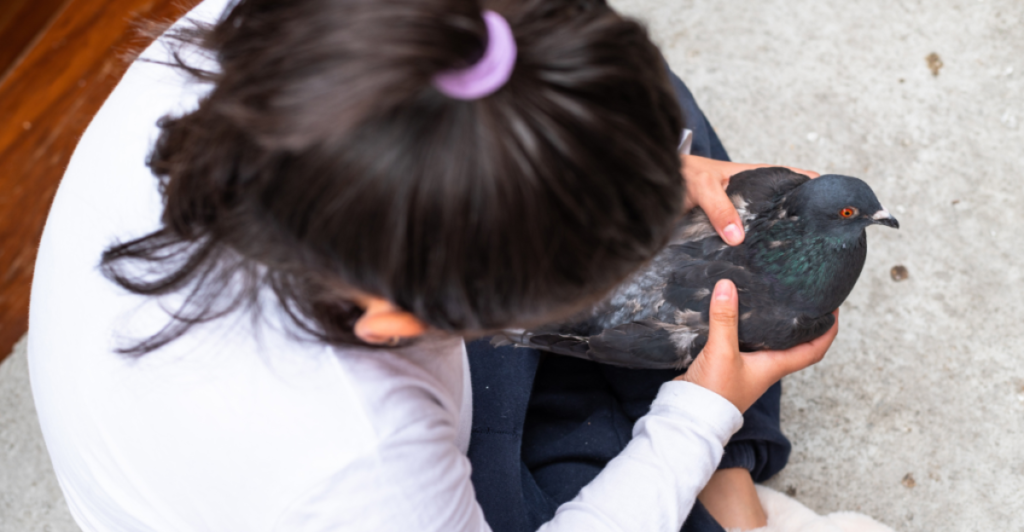
Before you dismiss pigeons as flying rats, listen to this: these birds can accurately detect cancer in medical images. In a bizarre study, pigeons were trained to identify breast cancer in X-rays with an 85% accuracy rate. If that doesn’t make you rethink city pigeons, I don’t know what will.
Nature’s Built-In Health Sensors
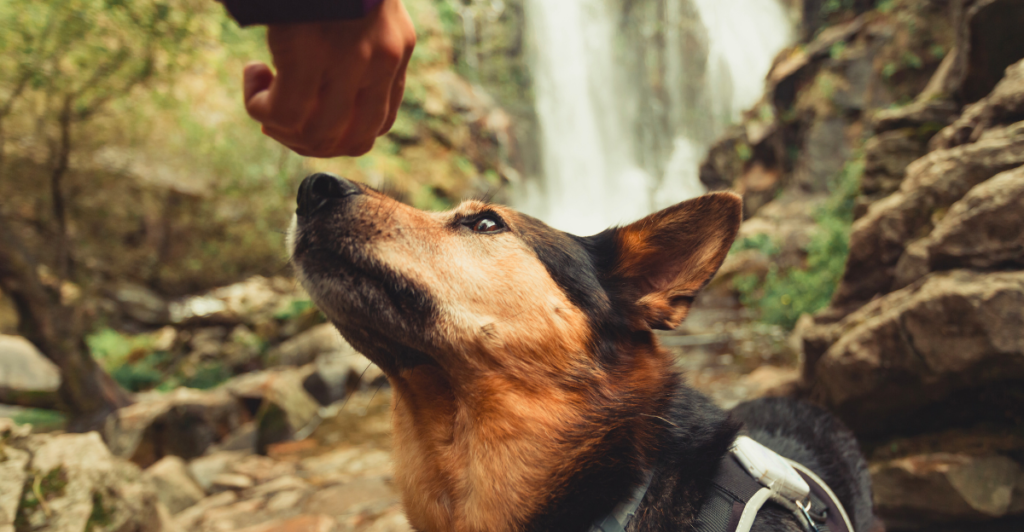
Science is only just beginning to understand how animals detect human health problems, but the proof is there. From cancer-sniffing dogs to bees diagnosing diseases, nature’s best-kept secret is that animals might just be better doctors than we are. So, if your pet starts acting weird around you, maybe don’t ignore it—they might know something you don’t.
Explore more of our trending stories and hit Follow to keep them coming to your feed!

Don’t miss out on more stories like this! Hit the Follow button at the top of this article to stay updated with the latest news. Share your thoughts in the comments—we’d love to hear from you!







